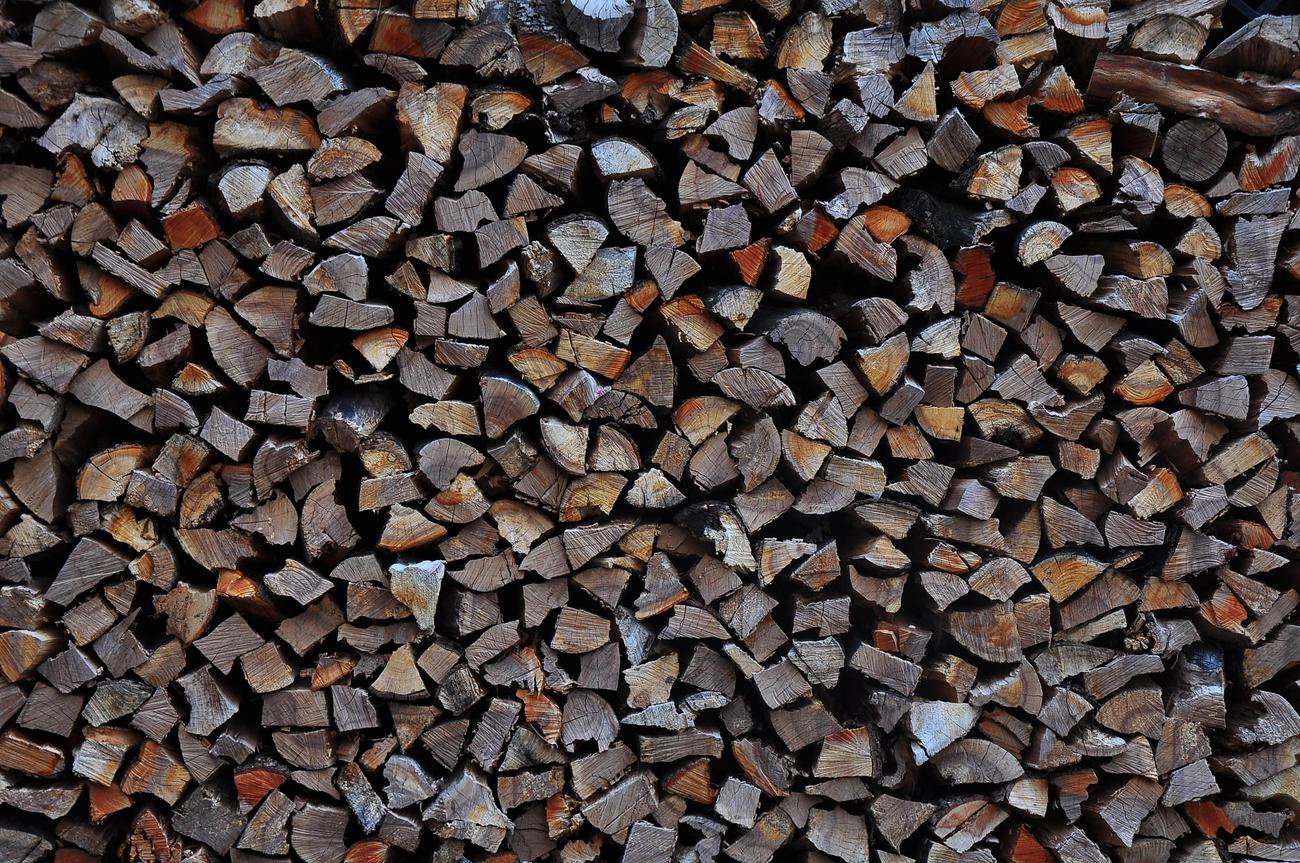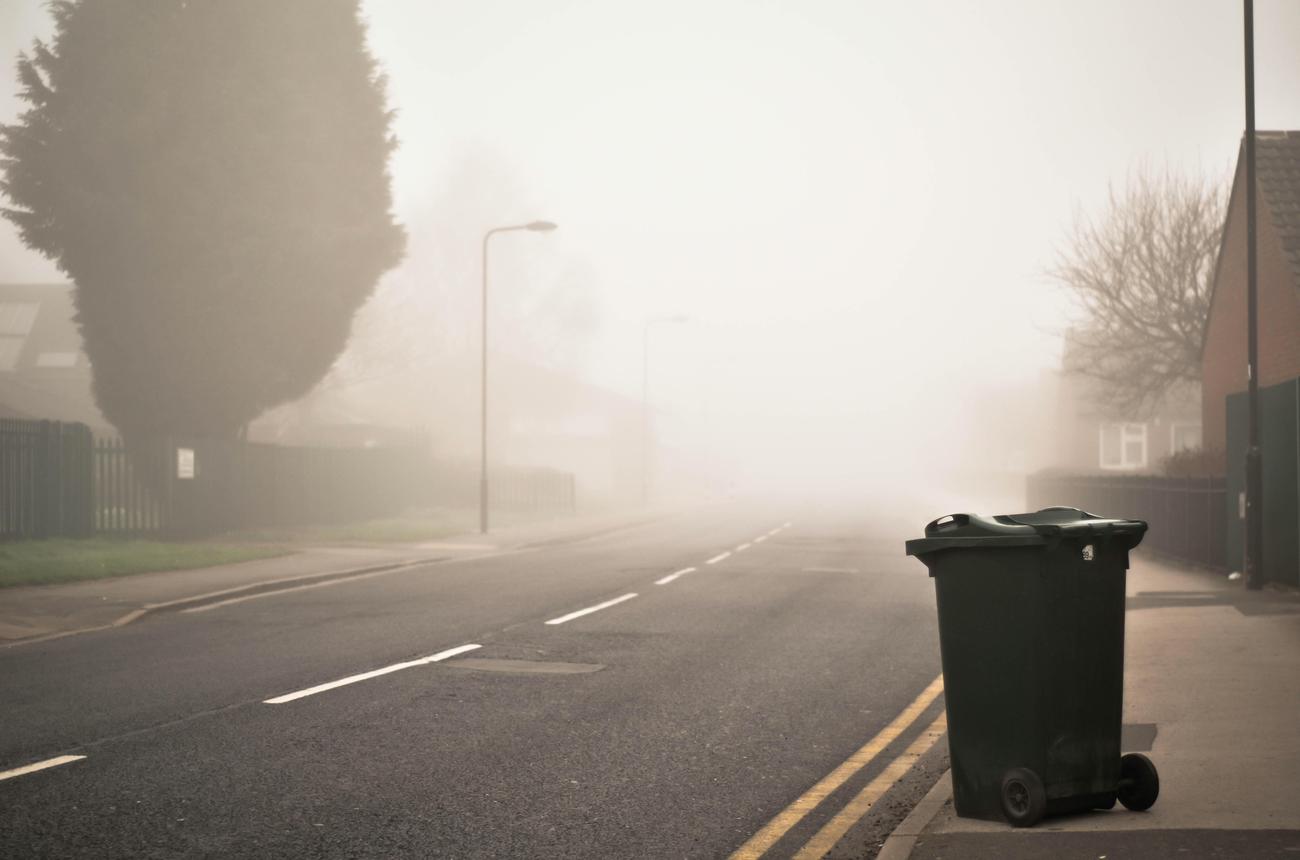Does Compost Expire? Sustainable Gardener Reveals Truth

As a passionate gardener, you’ve likely heard about the numerous benefits of compost for the health of your plants and the environment. Composting is not only a sustainable practice but also a way to recycle organic waste and create nutrient-rich soil amendments. However, if you’ve ever found yourself with a forgotten pile of compost or an old bag of store-bought compost in the corner of your shed, you might be wondering, “Can compost expire?” In this article, we turn to an experienced environmentalist and gardener with a deep understanding of composting to reveal the truth behind whether or not compost can indeed expire.
Can compost expire?
Compost, the gardener’s golden elixir, is a natural fertilizer that can greatly enhance the health and productivity of our plants. But can compost expire? Well, the short answer is yes and no. Let’s explore the world of compost expiration and unearth the truth behind this common gardening question.
What happens to compost over time?
Compost, being an organic material, is subject to change over time. It’s important to understand that compost doesn’t really “expire” like a carton of milk or a loaf of bread. Rather, its quality and effectiveness may gradually diminish over time, depending on how it’s stored and used.
The lifespan of compost
If compost is stored properly, meaning it is kept dry and in a cool location, it can last for up to 6 months to a year. However, it’s worth noting that even under ideal conditions, compost may lose volume, nutrients, and microbial activity over time.
Controlled release fertilizers and other ingredients
Some compost may contain added ingredients, such as controlled release fertilizers, that do have expiration dates. These ingredients may lose their effectiveness over time, reducing the overall quality of the compost. Therefore, it’s best to use compost within a year of opening to ensure optimal results.
Bagged compost and storage tips
Bagged compost, often conveniently available for purchase, can typically be preserved for up to 6 months after opening. However, the volume and microbial activity of the compost may reduce significantly after a year, affecting its nutrient content and the ability to support healthy plant growth.
To make your compost last longer, proper storage is key. Keep it in a dry, shaded area to prevent moisture buildup and exposure to extreme temperatures. This will help maintain its integrity and keep those valuable nutrients intact.
The value of old compost
So, what should you do with old bags of compost that have passed their expiration date? Don’t toss them out just yet! Even though the compost may have lost some of its nutritional value, it can still be rejuvenated and put to good use in your garden. Mixing it with fresh compost or using it as a soil amendment can help restore its fertility.
Trust your senses
When it comes to using compost, your senses can be your best guide. If the bagged compost you have smells bad, it doesn’t necessarily mean it has gone bad. Compost can have a distinct earthy smell, and as long as it doesn’t have a foul odor, it is likely still usable. Trust your instincts and give it a try.
The lifespan in the soil
Once compost is added to the soil, it starts breaking down and releasing its nutrients gradually. While compost doesn’t have an infinite shelf-life, it will continue to provide benefits until the next growing season. It becomes part of the soil ecosystem, nourishing plants and improving soil structure over time.
The expiration myth debunked
So, to answer the burning question “Can compost expire?”— finished compost doesn’t spoil or go bad. Instead, it may lose structure and nutrition over time. While it’s ideal to use compost within a year of opening, old bags of compost still hold value and can be rejuvenated. Trust your senses and give them a second chance in your garden.
Remember, the key to a successful garden lies in nurturing the soil, and compost is a valuable tool for achieving that. By understanding the lifespan of compost and how to properly store and use it, you can harness its full potential and create thriving, sustainable gardens.
Key takeaways:
– Compost can last up to 6 months to a year if stored properly.
– Ingredients like controlled release fertilizers may expire, affecting compost quality.
– Bagged compost can be preserved for up to 6 months after opening.
– Storage in a dry, shaded area is crucial for prolonging compost lifespan.
– Old bags of compost can still be used and rejuvenated.
– A distinct earthy smell is normal for compost, but foul odors indicate spoilage.
– Compost continues to provide benefits in the soil until the next growing season.
– Finished compost doesn’t spoil or go bad, but may lose structure and nutrition over time.
So, next time you wonder if your compost has expired, remember that while it may change and lose some of its potency over time, it still holds immense value for your garden. Embrace the transformative power of compost and watch your plants thrive. Happy gardening!
Composting is not only a sustainable way to dispose of organic waste, but it is also fascinating! Did you know that composting can reduce greenhouse gas emissions and help improve soil fertility? If you are interested in learning more fun facts about compost, click here: fun facts about compost. You’ll be amazed at the endless benefits and surprising facts that composting has to offer. Start your eco-friendly journey today!
Expired Yeast? Give It New Life in Your Garden or on Your Houseplants
[youtube v=”5A5MUpxATAQ”]
Have you ever had a container of yeast that went bad? The first instinct might be to toss it in the garbage, but hold on! Scientists have discovered an interesting use for expired yeast: it can actually benefit your garden and houseplants. In this article, we’ll explore how incorporating expired yeast into your soil or compost can nourish beneficial microbes and enhance the health of your plants.
One of the primary reasons why expired yeast can be useful is that beneficial microbes feed on it when they don’t have other food sources. Nematodes, which combat pests like fungus gnats and mealy bugs, are particularly drawn to yeast. When their preferred food is scarce, yeast provides a viable alternative. However, it’s important to note that simply dumping expired yeast in your soil isn’t the best approach. Ideally, you should incorporate it into the soil or add it to your compost.
Compost, unlike perishable items, doesn’t have a specific expiration date. However, its quality and effectiveness can diminish over time. If stored correctly in a cool, dry location, compost can last anywhere from six months to a year. Nonetheless, some commercial composts may contain ingredients that do have expiration dates, such as controlled-release fertilizers.
When it comes to bagged compost, it can be preserved for up to six months after opening. However, after a year, its volume and microbial activity may significantly reduce. To maintain the integrity and nutrient content of bagged compost, it’s crucial to store it in a dry, shaded area.
If you find yourself with old bags of compost that have seen better days, don’t worry! You can still put them to good use. Simply mix them with fresh compost or use them as a soil amendment. By blending old with new, you can maximize the benefits for your plants.
To determine if your compost is still usable, trust your senses. It should have an earthy smell, which indicates its organic nature. However, if it has a foul odor, it’s best to steer clear. Remember, compost doesn’t spoil or go bad like other perishable items; it may simply lose structure and nutrition over time.
Once you incorporate compost into your soil, it gradually breaks down and releases valuable nutrients. This process not only nourishes your plants but also improves the overall structure of the soil. It’s a win-win situation!
In conclusion, expired yeast can find new purpose and bring benefits to your garden and houseplants. Incorporating it into your soil or compost can nourish essential microbes like nematodes, which combat pests. While compost doesn’t have a strict expiration date, storing it properly is vital to maintain its quality. Mixing old bags of compost with fresh ones or using them as a soil amendment ensures you can maximize their benefits. Remember, compost doesn’t spoil, but its structure and nutrition may diminish over time. So, why not give your expired yeast a second chance to contribute to a thriving garden?
“Expired yeast can find new purpose and bring benefits to your garden and houseplants.”
“Incorporating it into your soil or compost can nourish essential microbes like nematodes, which combat pests.”
“Mixing old bags of compost with fresh ones or using them as a soil amendment ensures you can maximize their benefits.”

FAQ
Question 1: Can compost expire?
Answer 1: Compost is a natural fertilizer that can last for a long time, but its quality and effectiveness may vary depending on how it is stored and used. While compost won’t spoil or go bad, it may lose volume, nutrients, and microbial activity over time. Therefore, it is best to use compost within a year of opening and ensure proper storage to make it last longer.
Question 2: How long can compost last if stored properly?
Answer 2: If kept dry and in a cool location, compost can last for up to 6 months to a year. However, after a year, the volume and microbial activity of compost will reduce considerably. To preserve bagged compost, it can be stored for up to 6 months after opening.
Question 3: What happens to compost that is not used within a year?
Answer 3: When compost is not used within a year, it may lose its structure and nutrition over time. While it won’t spoil or go bad, its effectiveness as a fertilizer may decrease. Therefore, it is recommended to use compost within a year of opening for optimal results.
Question 4: Can old bags of compost still be used?
Answer 4: Yes, old bags of compost still have value and can be rejuvenated. Although the volume and microbial activity may have reduced, the compost can still be used in gardening. Just ensure proper storage, and it can provide some benefits to your plants.
Question 5: Is it normal for compost to have a smell?
Answer 5: Yes, it is normal for compost to have a smell. The decomposition process in compost can produce odors, but as long as the smell is not foul or rotten, the compost is still usable. The smell is a sign of the organic matter breaking down and releasing beneficial nutrients for plants.
“`json
“`
- Unveiling the Enigma: Mansoureh Khojasteh Bagherzadeh’s Public Appearances & Private Life in Iran - July 18, 2025
- Unveiling the Mystery: Mansoureh Khojasteh Bagherzadeh’s Husband: A Rare Glimpse into a Private Life - July 18, 2025
- Unveiling Masoud Khamenei’s Mother: Power, Influence, and Iran’s Future - July 18, 2025
















